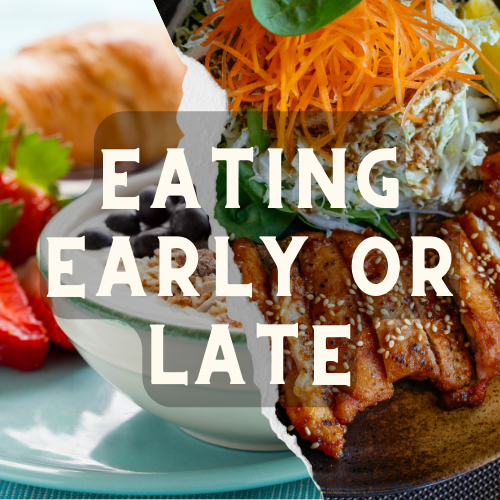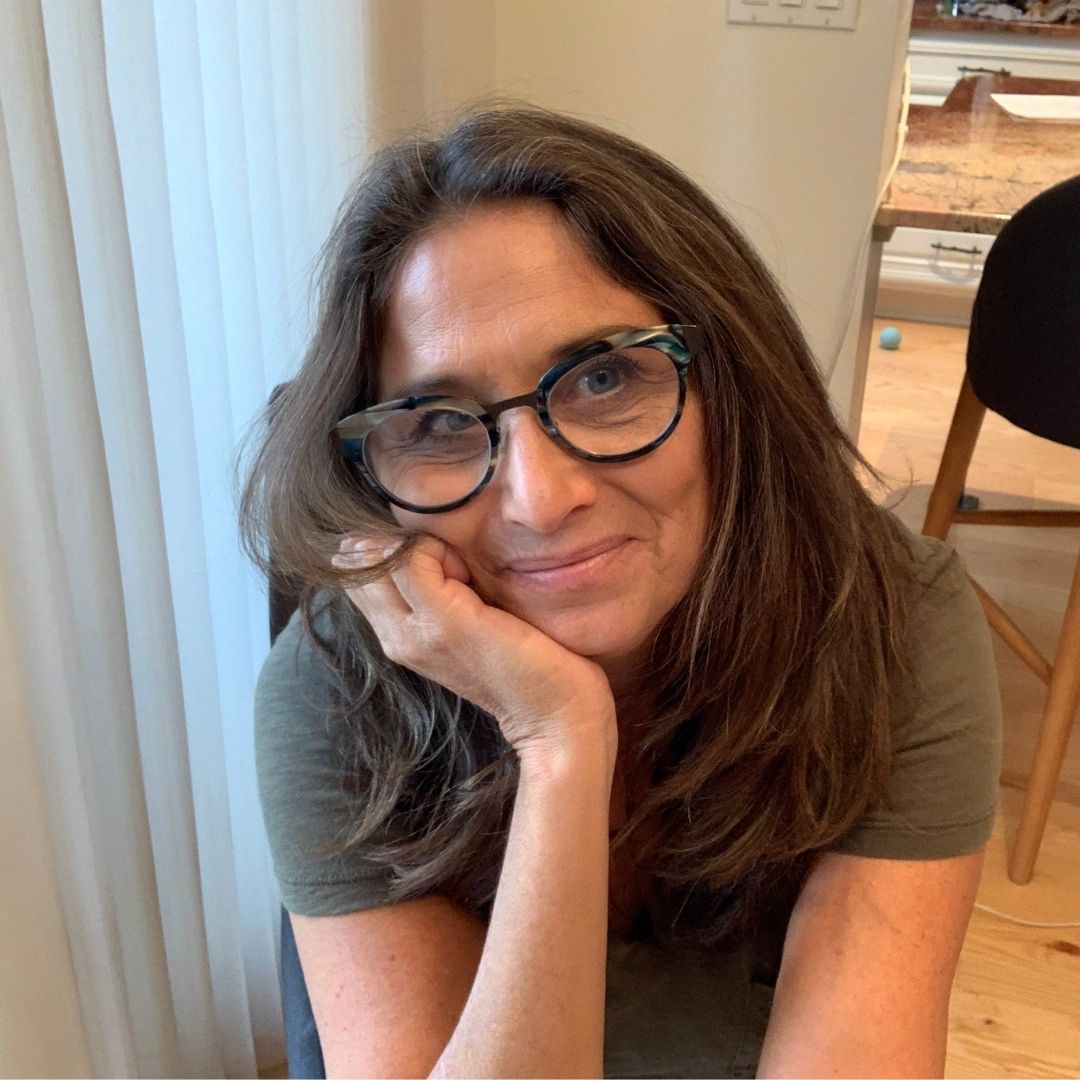
Have you ever wondered if you should eat so early or even so late?
You may have heard other people swear by an ‘intermittent fasting’ lifestyle, but you might not know exactly what that means. In this short article, I will unpack a little of that and look at what some research suggests about when we should eat.
Some people swear that skipping breakfast is the elixir of youth. Others might tell you that an early supper is the way forward. But a new study in the journal of Cell Metabolism, eating earlier is linked with health benefits; by contrast, eating later is linked with poor health.
In this study, researchers divided 16 individuals into two groups. They both ate the same food, but one group ate late, and the other ate early. They found that eating later in the day made people hungrier during a 24-hour period, slowed their metabolism, and lowered their body temperature. Hence, they used fewer calories which led to increased fat tissue deposits. The authors concluded that these changes might increase the risk of obesity in certain individuals. Sure, the study was small, but we must remember the insidious effects of hunger; the study suggested that the hungrier people got, the more their cravings for calorie-dense, salty foods increased. Also, as most of us can attest to, our willpower to resist such temptation decreases the later in the day it is.
So what about this ‘window of eating’ you may have heard about?
In another study on 137 firefighters in San Diego, CA, researchers compared two groups that ate the same Mediterranean-type diet. One group ate their meals in a 10-hour window, the other ate theirs in a 13-hour window. They found that eating meals within a 10-hour window decreased the size of bad cholesterol particles, which could reduce risk factors for heart disease. They also found that a 10-hour eating window improved blood pressure and blood sugar levels among those with health conditions such as diabetes, high blood pressure, and high cholesterol.
By contrast, a smaller eating window might not be that beneficial. One of the study authors, Satchidananda Panda, Ph.D., told NBC News.
“When we think about 6 or 8 hours, you might see a benefit, but people might not stick to it for a long time,”.
One possible mechanism for the increased health benefits of a shorter eating window might be the increased rest time of our internal organs, allowing them to shift focus from dealing with incoming food to elimination. This elimination of toxins and waste products is key to good health.
What works for you, shorter or longer eating windows?
Earlier or later?
Sources:

Over the last 10 years Ed has been building a YouTube library to help people manage their own pain or movement limitations and increase performance through exercise. He regularly adds videos so be sure to subscribe and visit regularly


"Oh My Gosh- I am ALREADY feeling relief after a few days! I used to wake up 2-3 times a night with shooting pain that anti inflammatories couldn't touch. Now I have been waking up just because I want to notice what it feels like to lay in bed pain free- THANK YOU!."

"When I first started with your program I was experience a lot of pain. Walking was difficult. I had to stop and catch my breath every few minutes and lean against a wall for support. Now when I walk with my husband we go for over an hour. I never had to sit down and stop...and, hardly any pain!!! 😊😊 I can’t thank you enough."
Frustrated that you aren't recovering fast enough?
Discover how to heal from illness and injury using movement, food and lifestyle.